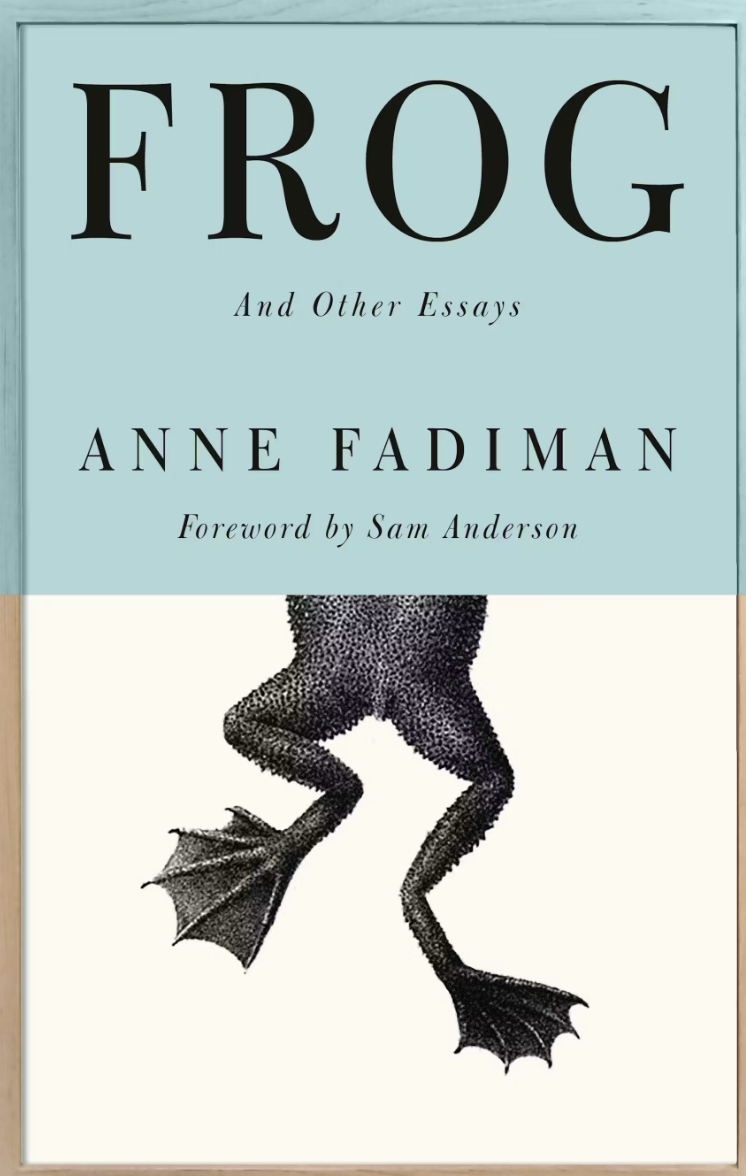5 HOT BOOKS: F.D.R. as a Crusading Environmentalist, Parisian Existentialists and More
/1. Margaret The First by Danielle Dutton (Catapult)
Dutton, the founder of “Dorothy, a publishing project,” dedicated to publishing work mostly by women, has written a smart and stylish imagination of the life of 17th century writer Margaret Cavendish, widely known as “Mad Marge.” Dutton’s beautifully written, artfully structured novel echoes Virginia Woolf’s A Room of One’s Own in its focus on the inner life, and Cavendish – with her determination, outrageousness, and unconventional approach to marriage –feels so fresh and contemporary that she positively springs off the page.
2. Rightful Heritage: Franklin D. Roosevelt and the Land of America by Douglas Brinkley (Harper)
While Teddy Roosevelt may be renowned for his wilderness conservation efforts, historian Brinkley demonstrates that his cousin Franklin Delano Roosevelt also deserves to be recognized for his extraordinary conservation efforts. F.D.R., who grew up on a country estate, had a deep-seated love of nature, and he translated it into policy, in everything from the “forestry as work-relief” component of the New Deal-era Civilian Conservation Corps, to his work protecting the Catskill Mountain region and preserving forests, especially ones near American cities, where they provided much-needed escape for concrete-bound urban-dwellers.
3. The Abundance: Narrative Essays Old and New by Annie Dillard (Ecco)
Almost 30 years have passed since Dillard delivered Pilgrim at Tinker Creek, her remarkable classic rooted in the landscape near Roanoke, Virginia, which won a Pulitzer Prize and established her as one of the most important writers of her generation. This new volume collects some of the very best of Dillard’s fiercely determined prose. Dillard certainly does what Geoff Dyer says in the book’s foreword: “opens our eyes to the world, and to new ways of articulating what we see.”
4. When Women Win: EMILY’S’ List and the Rise of Women in American Politics by Ellen R. Malcolm, with Craig Unger (Houghton Mifflin Harcourt)
When Malcolm founded EMILY’s List in 1985, there were only a handful of women in Congress. Now women members of Congress total in the three digits – and EMILY’s List (the “EMILY” is for Early Money is Like Yeast) has 3 million members. In the past three decades, it has grown to be a real political force, moving from a small fund-raising operation into one that carefully selects promising potential female candidates, supports them early in the process, and plays a crucial role in getting them elected. Malcolm details some recipes for success, and how some painful episodes – like the Anita Hill hearings – galvanized women voters.
5. At the Existentialist Café: Freedom, Being, and Apricot Cocktails with Jean-Paul Sartre, Simone de Beauvoir, Albert Camus, Martin Heidegger, Maurice Merleau-Ponty and Others by Sarah Bakewell (Other Press)
Following the success of her 2010 How to Live: A Life of Montaigne in One Question and Twenty Attempts at an Answer, Bakewell has turned her attention to existentialism, and to the interlocking lives of the of the philosophers who created it. With her talent for demystifying sophisticated thought, and for focusing on what is most important, Bakewell has written an accessible and engaging history of ideas in pre- and post-World War II Paris.










